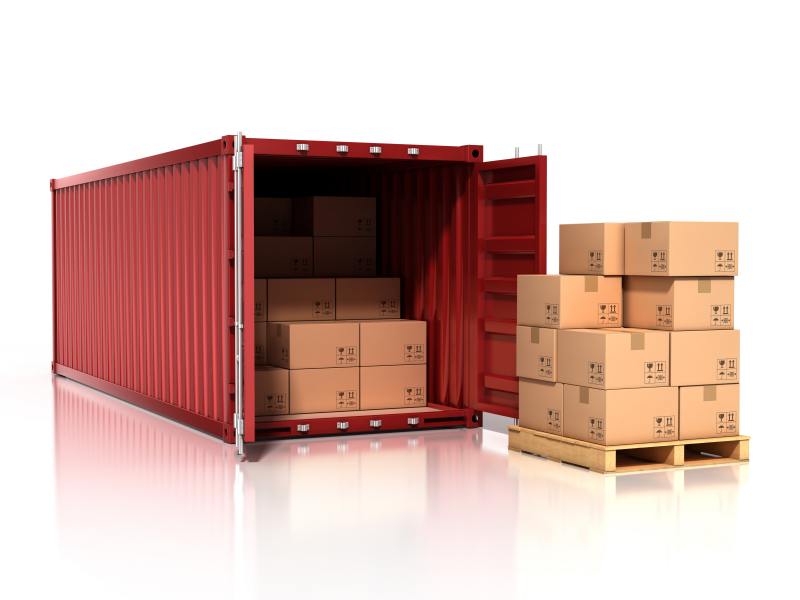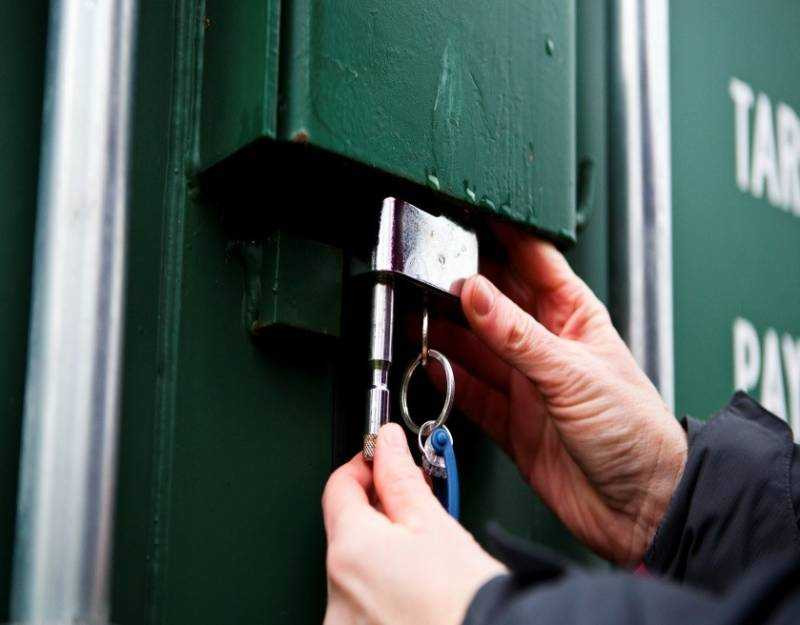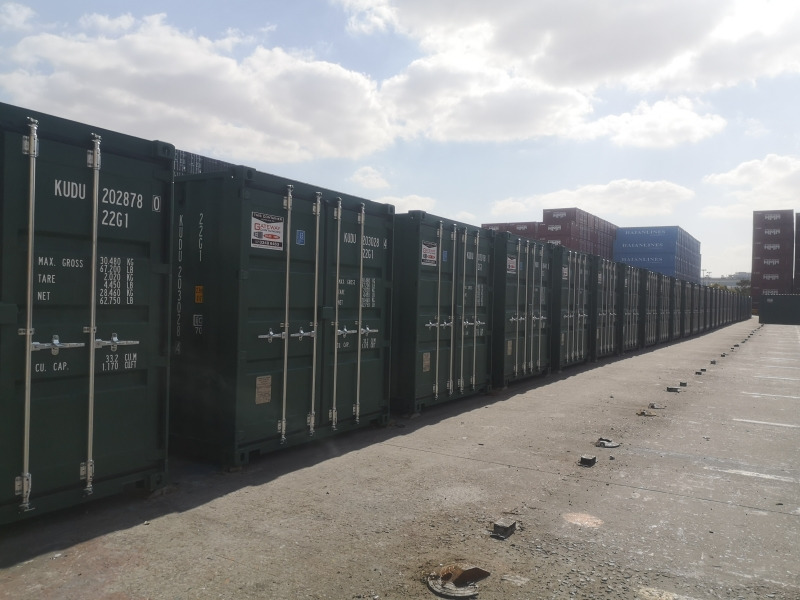There are numerous life events that can bring about the need for long-term storage. Perhaps you’ve been temporarily relocated for work, a year-long contract in another city, or you’re taking your dream trip around the world and need to stow your household belongings.
You may have seasonal items, like a boat or snowmobile, that need to be stored most of the year, or equipment or tools that won’t fit in your garage at home. Maybe you’ve inherited a loved one’s belongings and you don’t want to rush sorting through them with your family.
Whatever your long term storage needs, you need an economical way to keep your possessions safe and sound. A repurposed shipping container can be the perfect solution. Shipping containers come in several sizes, and can be modified in many ways to suit your needs.
What is long term storage and how does it work?
Long term storage refers to the storage of personal belongings, equipment, furniture, tools, or vehicles for long periods of time, generally for more than three months. There are several different types of long term storage options. Some storage units are available for hire by the week or by the month.
You have several different options when it comes to long term storage. You can choose to rent a shipping container and keep it at a self storage facility. If you want to have your goods stored at a secure site, Gateway offers these services. We will send the container to your premises to be loaded up before transporting it back to ours. You’ll likely pay less than at a traditional storage facility, but take note that you may be subject to a lift-out fee when you need to access your unit.
You can also rent or buy a portable storage container and keep it on your property or at your worksite.
The pros and cons of using a shipping container for long term storage
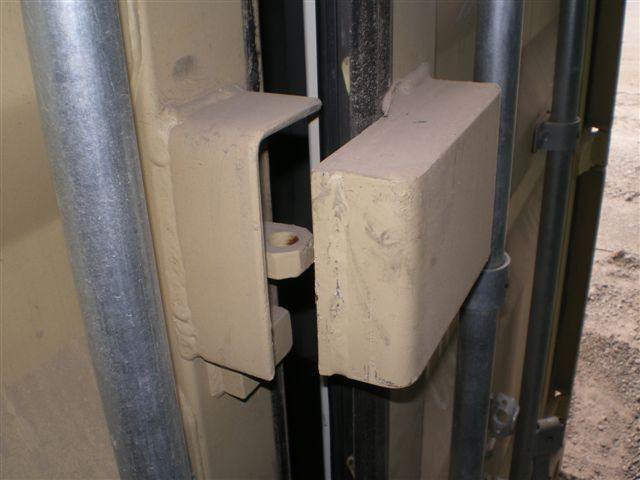
There are many benefits to using a repurposed shipping container for long term storage. Shipping containers are secure and durable. Built to withstand high winds and heavy rain on overseas cargo journeys, shipping containers are sure to protect your possessions from harsh weather conditions and even fire.
Shipping containers are vermin proof, so you won’t have to worry about animals and pests wreaking havoc on your belongings. They can also be secured against human intruders by outfitting your shipping container with a secure lock box. If you choose to have your belongings stored at a facility, there is usually 24-hour surveillance.
Containers are extremely versatile and can be modified with temperature control, ventilation, and insulation. You can also add shelving, lighting, and more to make your long term storage easy.
However, there are some aspects you should be aware of. If you choose to use a storage container facility to house your container, you may have to pay a fee to lift out your container and access your items. You’ll may also need to provide 24-hours notice to access your container.
If you plan to keep your container on your own property, be sure that you check with your local council to ensure that you comply with any local regulations.
How to choose the right shipping container for your needs
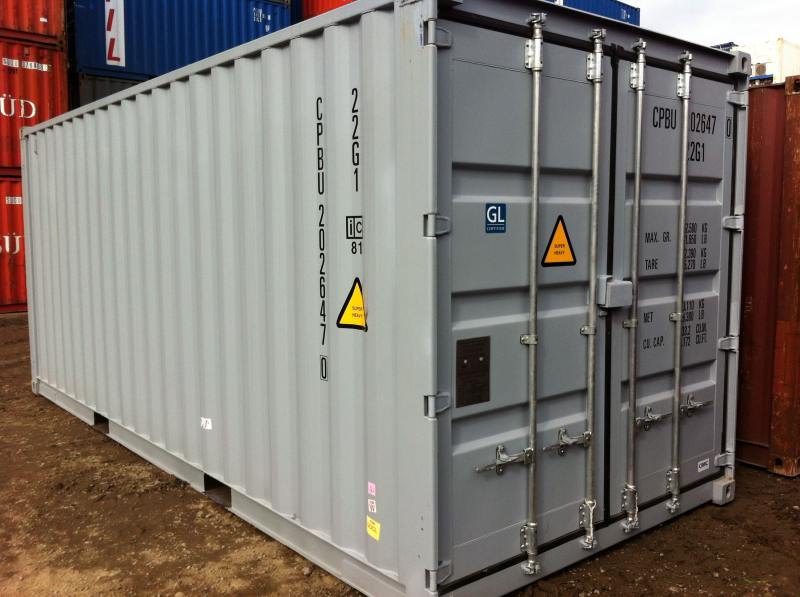
When choosing a shipping container for long term storage, two factors you’ll need to consider are the container’s size and its condition.
Shipping containers come in a range of standard sizes; the most common sizes are 10-feet, 20-feet, and 40-feet long.
So how do you know how much space you’ll need? To give you a rough idea:
- a 10-foot container might be appropriate for seasonal equipment and gear, the contents of an office, or excess inventory for your business.
- a 20-foot container provides 33 cubic metres of space, and can hold the furniture and household effects of an average 2-3 bedroom home.
- a 40-foot container offers 67 cubic metres of space and can accommodate the items in a 4-5 bedroom home.
If you’re uncertain, a highly trained member of the Gateway team can help you choose the right size container for your purposes. And, if you need something larger, we can help you find a high-cube or custom size container.
You’ll also want to take into account the condition of your shipping container. Shipping containers can be purchased new or nearly new, or once they’ve been placed out of service by the shipping lines.
While many suppliers list their containers as simply “A” or “B” grade, Gateway designates our containers as “New” “A Grade” and “Cargo Worthy” to give you a clearer idea of what you’re getting. If you’re not sure what type of container is best for you, we can help you decide between the different options.
Also, consider any special requirements. Will you need temperature control? If you’re storing items like electronics, valuable antiques, important documents, or anything else that won’t do well in extreme temperatures or humidity, a temperature controlled unit with ventilation and/or insulation is a good idea.
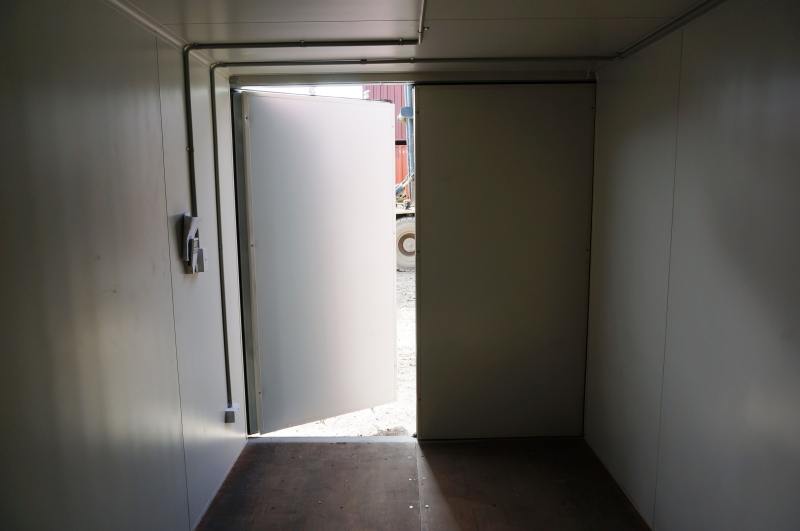
How to prepare your shipping container for long term storage
The key to successful, stress-free long term storage is in the planning and preparation. Plan where you’ll keep your container. Determine what kinds of modifications you may need. Before you pack and close up your shipping container, ensure the interior is clean and dry.
Organisation will help you keep track of what is stored in your container and where it is located. If you’re storing many different items – clothing, documents, files, furniture, household items, art, electronics – create a manifest of everything that’s going to be stored in your container.
To make it even easier to find what you’re looking for, label the boxes or assign them a number and list the corresponding numbers on your manifest. Map out what will be stored where to make it easier to find what you need when it’s time to retrieve or unpack items from your storage container.
Tips for packing and storing your belongings in a shipping container
- Don’t rush the process, if at all possible. Before you start packing, take some time to think about what you really need. This might be an opportunity to downsize, or donate the things you don’t use. After all, there’s no sense in paying to store items you don’t need in your life any longer.
- Clean your items before storing them. Removing any kind of residue, dirt, and dust will help prevent mould and mildew from forming. Of course, be sure everything is completely dry before putting it in storage.
- Empty fuel from things like lawnmowers or gas grills.
- Pack your items properly before storing them. Bubble wrap fragile items like glassware, dishes, or framed art and photos. Wrap furniture in moving blankets, or cover them with sheets. If you can vacuum seal clothing and bedding, this will help keep fabrics fresh and clean while in storage.
- Use sturdy clear plastic bins or boxes, and clearly label them so you can easily find what you need.
- When packing, think of how you would pack a grocery bag: place heavy items at ground level and lighter items on top. Use the lugs (steel loops at the top and bottom of the container) to secure any movable items or furniture with strapping.
Finding a shipping container for your needs
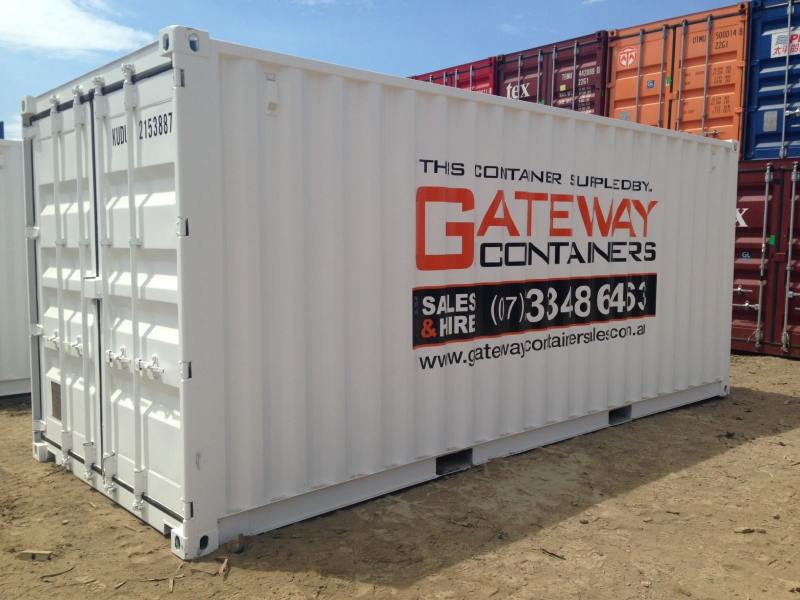
It is important to purchase or rent a shipping container from a reputable and trustworthy supplier. At Gateway Container Sales, we have decades of experience in providing new and used shipping containers to clients for self storage on-site or at our secure facility. We pride ourselves on offering a wide range of high quality containers direct from the source to choose from, quick turnaround time, and superior customer service.
Gateway also provides delivery, so you can have your container shipped directly to you for easy loading and unloading. We are able to guarantee delivery of containers to the South East Queensland and Northern New South Wales region by truck, rail, sea or any cost effective and efficient combination of these. Contact Gateway Containers and enquire about buying or hiring shipping containers for storage purposes.
